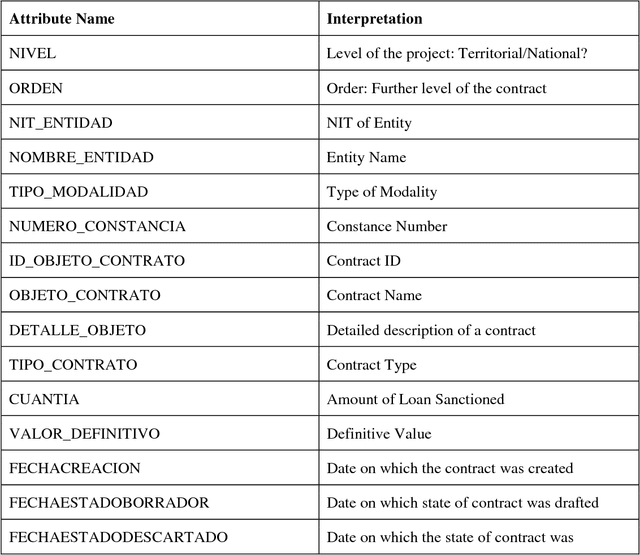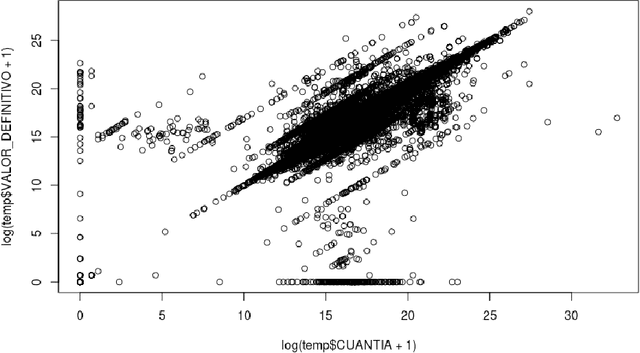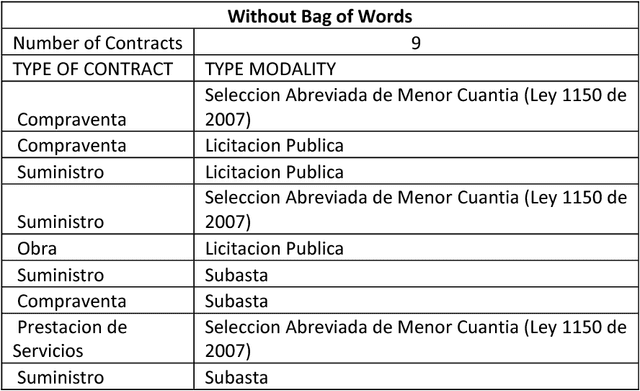Rohan Sangave
Nonlinear Semi-Parametric Models for Survival Analysis
May 14, 2019



Abstract:Semi-parametric survival analysis methods like the Cox Proportional Hazards (CPH) regression (Cox, 1972) are a popular approach for survival analysis. These methods involve fitting of the log-proportional hazard as a function of the covariates and are convenient as they do not require estimation of the baseline hazard rate. Recent approaches have involved learning non-linear representations of the input covariates and demonstrate improved performance. In this paper we argue against such deep parameterizations for survival analysis and experimentally demonstrate that more interpretable semi-parametric models inspired from mixtures of experts perform equally well or in some cases better than such overly parameterized deep models.
Data-Driven Investigative Journalism For Connectas Dataset
Apr 23, 2018



Abstract:The following paper explores the possibility of using Machine Learning algorithms to detect the cases of corruption and malpractice by governments. The dataset used by the authors contains information about several government contracts in Colombia from year 2007 to 2012. The authors begin with exploring and cleaning the data, followed by which they perform feature engineering before finally implementing Machine Learning models to detect anomalies in the given dataset.
 Add to Chrome
Add to Chrome Add to Firefox
Add to Firefox Add to Edge
Add to Edge